New BC Government Releases First Budget; Sees New Health Payroll Tax on Business and Significant Positive Investments in Childcare and Housing
Today, Minister of Finance Carole James released the first full budget of the new provincial government, a balanced budget with significant spending commitments and tax changes in the areas of housing affordability and childcare, and with the implementation of a new health payroll tax on the business community.
The Burnaby Board of Trade, with input from our Audit & Finance Committee, reviewed the provincial budget and has summarized some of the key budget highlights and takeaways in a BBOT Policy Bulletin which can be viewed below, or accessed as a PDF by clicking here:
BBOT POLICY BULLETIN
2018 BC Budget Review
Today, Minister of Finance Carole James released the first full budget of the new provincial government, announcing a balanced budget with significant spending commitments and tax changes in the area of housing affordability and childcare, and with the implementation of a new health payroll tax on the business community.
Employer Health Payroll Tax
Following the reduction in Medical Services Plan (MSP) premiums by 50% on January 1 of this year, Budget 2018 announces that the remaining MSP premiums will be eliminated effective January 1, 2020. However, in place of the eliminated MSP premiums a new health payroll tax will come into effect on January 1, 2019, shifting this cost onto businesses.
This new payroll tax will apply incrementally to businesses with payrolls over $500,000, increasing to a maximum tax of 1.95% on payrolls over $1.5 million. While many businesses will either already be paying MSP for their employees, or will fall under the $500,000 cap, many others will see this as a wholly new tax on their bottom lines. As the new tax is expected to generate more revenue than is lost from the remaining MSP reduction, and will be implemented one year before MSP premiums are repealed, the Burnaby Board of Trade will engage directly with the provincial government on its implementation and the potential impacts on business.
Housing
Budget 2018 identifies housing affordability and access to childcare as major priorities. Budget 2018 includes a 30-point plan to address housing affordability, an issue which has consistently ranked as a major concern of Burnaby businesses for its impact on attracting/retaining workers, its contribution to traffic and congestion, and its inflationary effect on many of the costs of doing business. Of particular note, Budget 2018 commits $1.6 billion over three years in operating and capital funding for housing, part of a $6.6 billion, ten-year investment in homes and housing supports across the province—the largest ever such investment.
Housing is also addressed with various tax and regulatory measures, including increasing the Additional Property Transfer Tax (“foreign buyers tax”) from 15% to 20% of the value of property, and expanding the application of the tax from Metro Vancouver to include the Fraser Valley, the Victoria/Capital Region, the Nanaimo Regional District, and the Central Okanagan. In addition, a 2% speculation tax will be introduced for properties located in Metro Vancouver, Fraser Valley, the Victoria/Capital Region, the Nanaimo Regional District, and in Kelowna and West Kelowna, which are owned by people not paying their primary income tax in BC.
Childcare
The provincial government has committed $1 billion over three years in funding for childcare initiatives, including a new child care benefit which will provide up to $1,250 per month to assist with the costs of childcare for families earning up to $111,000 per year. Budget 2018 also commits $237 million to build 22,000 new childcare spaces throughout the province. The Burnaby Board of Trade is pleased with the focus on childcare access and affordability; difficulties accessing childcare can be a considerable barrier to women re-entering the workforce, and can also be a barrier to recruiting and retaining workers in the Lower Mainland region. These announced actions on childcare and housing are significant, and the Burnaby Board of Trade approves of these efforts to address two issues of importance to businesses and the broader community.
Other highlights
Other highlights of the budget include increased funding for the BuyBC, GrowBC, FeedBC agri-food initiatives (which several Burnaby-based businesses have benefitted from), more funding for the BC Arts Council and Creative BC to support the important creative economy, $3.1 billion in capital spending on health facilities and equipment, and $2.0 billion and $2.6 billion in capital funding for schools and post-secondary institutions respectively to ensure important educational infrastructure.
Balanced Budget and Debt
Importantly, Budget 2018 is balanced with a projected surplus of $219 million for fiscal year 2018/19, which is significant as it includes the projected $1 billion-plus loss at ICBC. Further surpluses of $281 million and $284 million are forecast for the next two fiscal years as well. Budget 2018 also continues with the work of eliminating the province’s operating debt—the accumulated debt from all previous government deficits and surpluses. The operating debt is expected to be eliminated by the end of this fiscal year, the first time this has occurred in 40 years. The Burnaby Board of Trade has long applauded government efforts to balance budgets and pay off operating debt, and is therefore pleased that Budget 2018 continues and completes this work.
For more information on Budget 2018:
Full BC Budget and Fiscal Plan Document
Backgrounder on MSP Premium Reduction and New Employer Health Payroll Tax





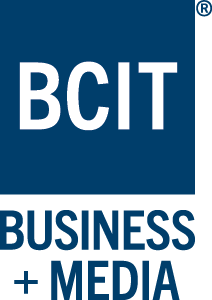







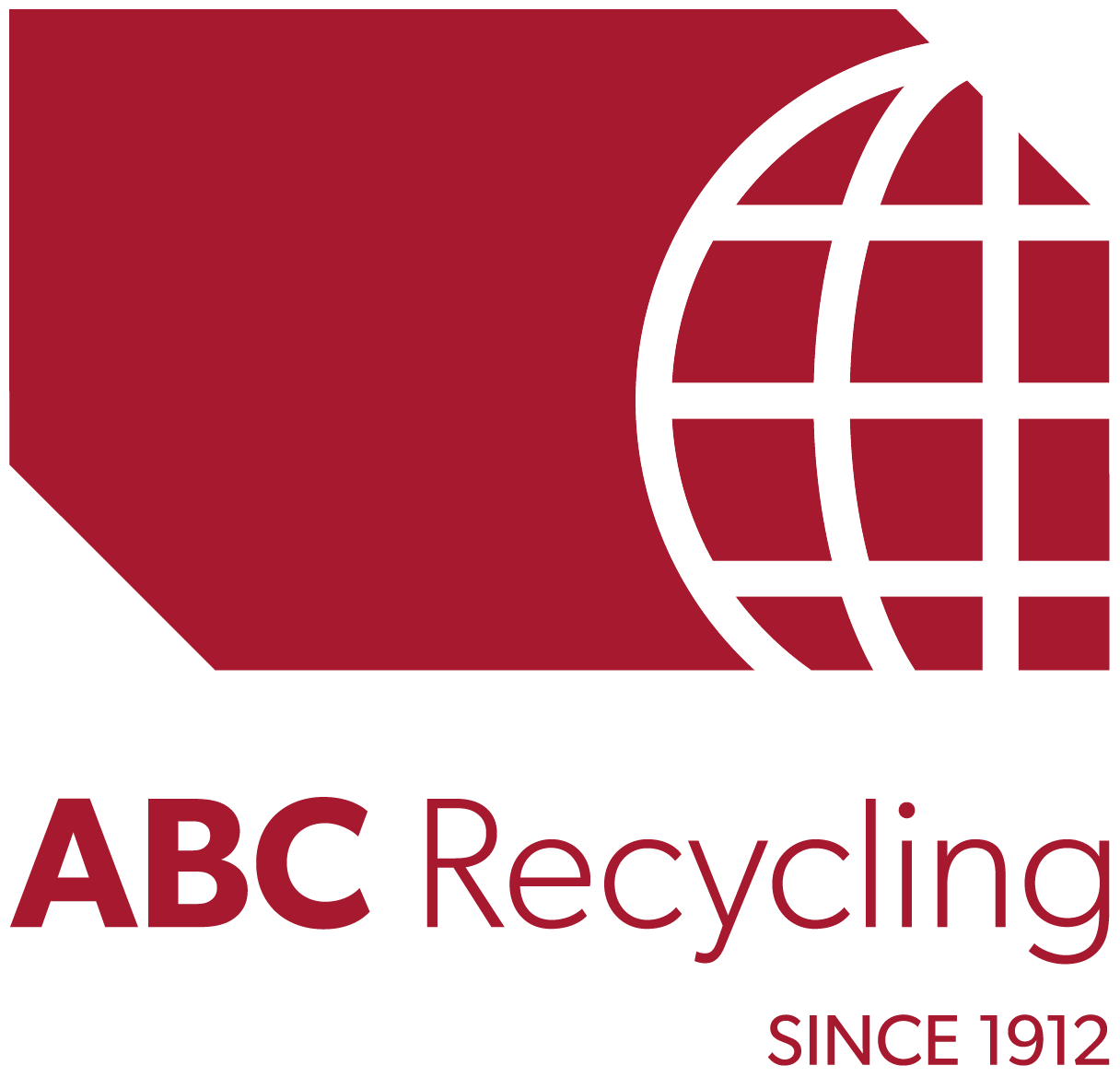
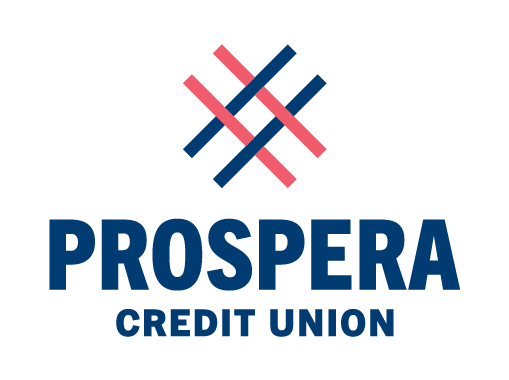
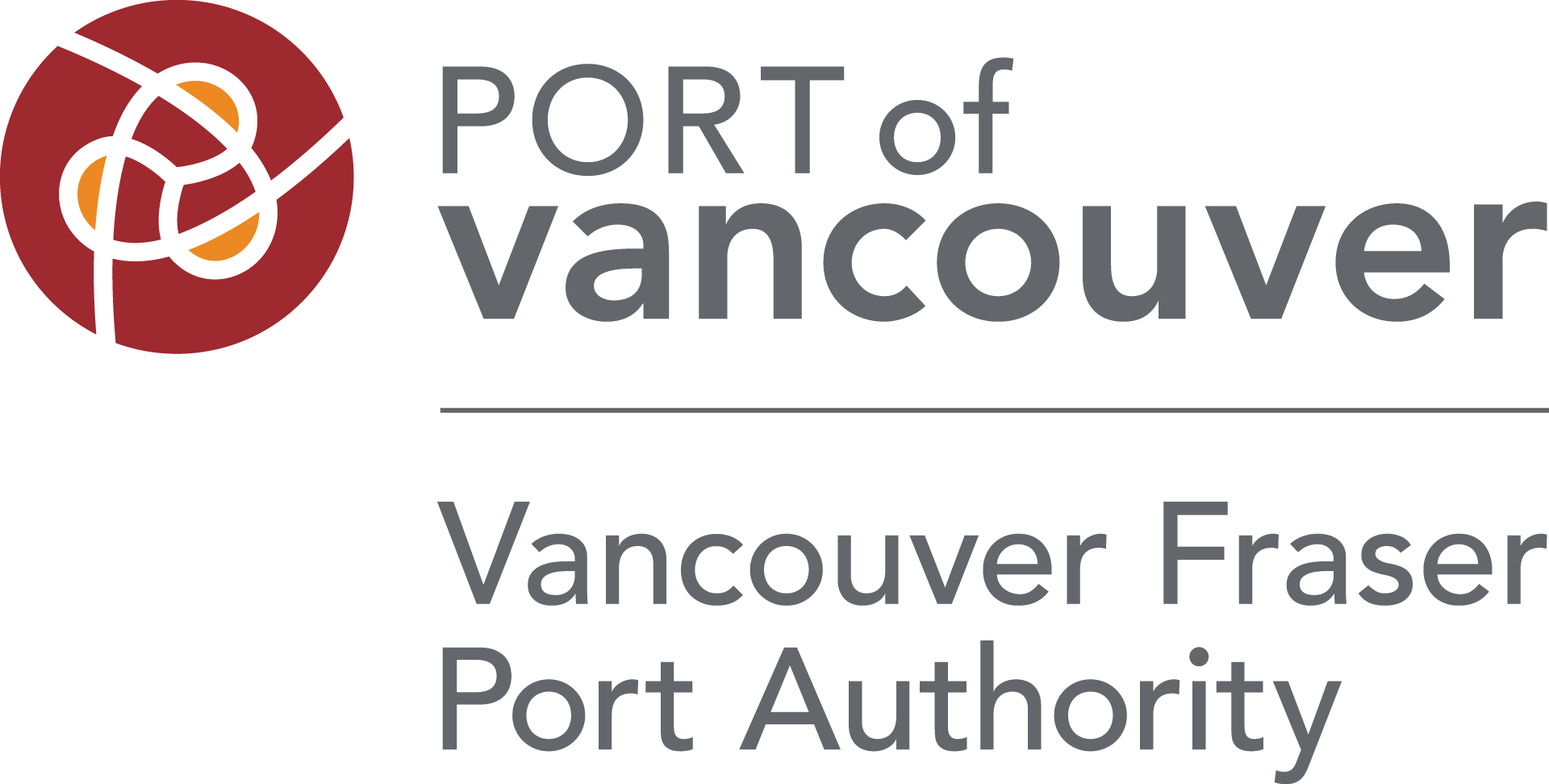
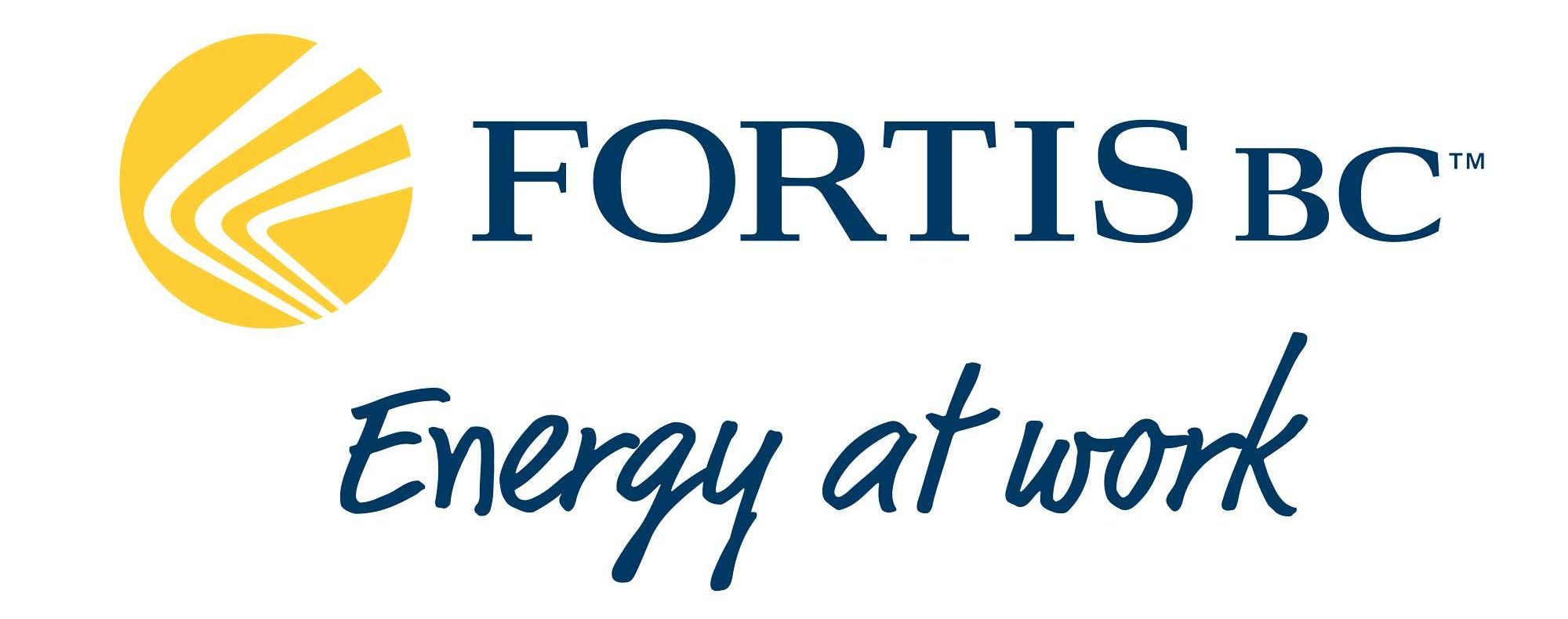
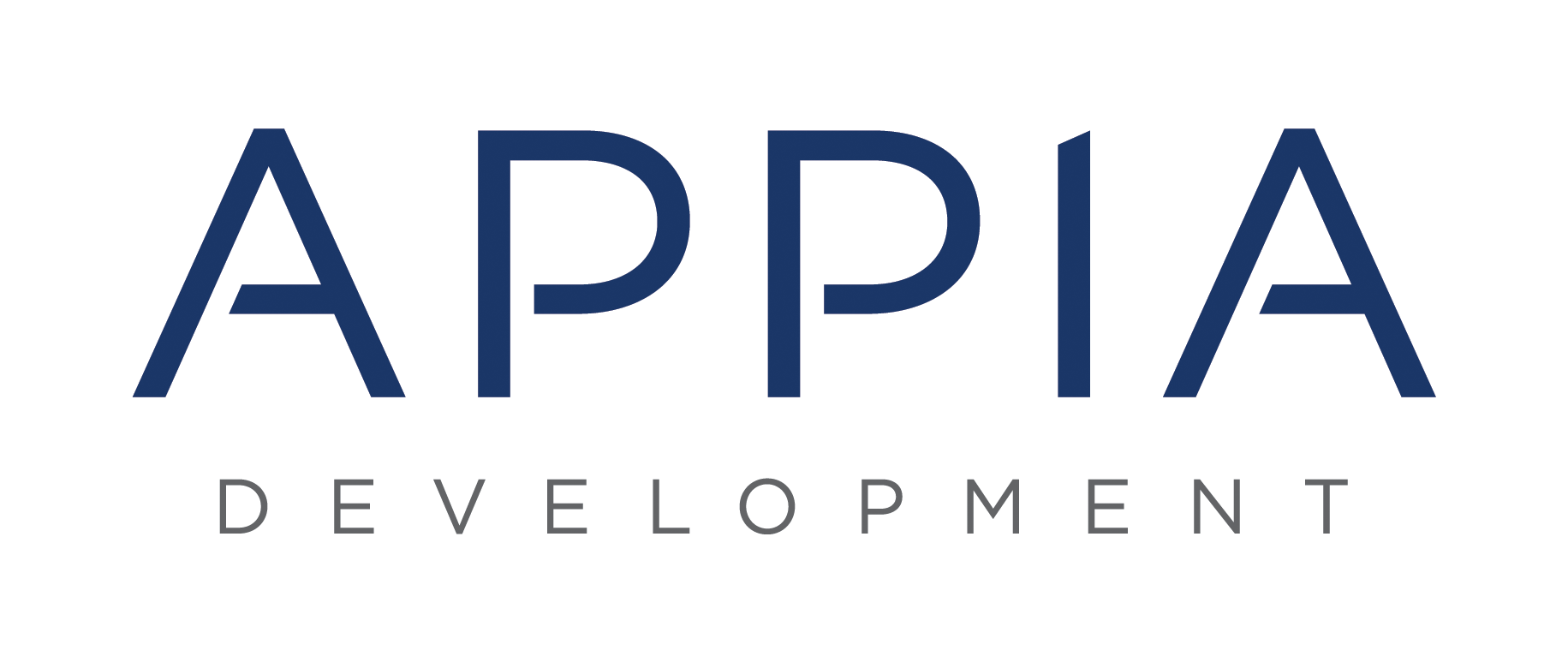
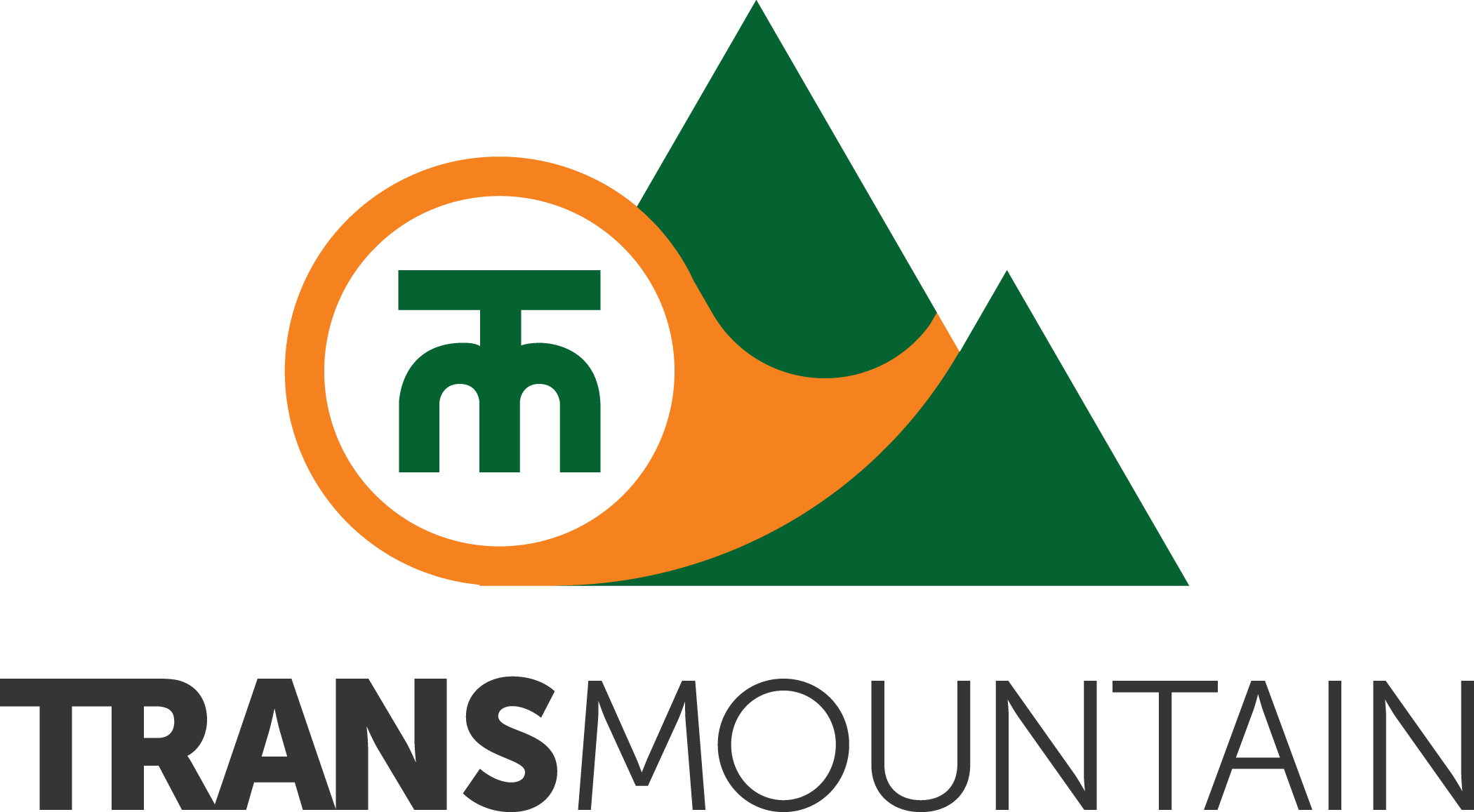

connect with us